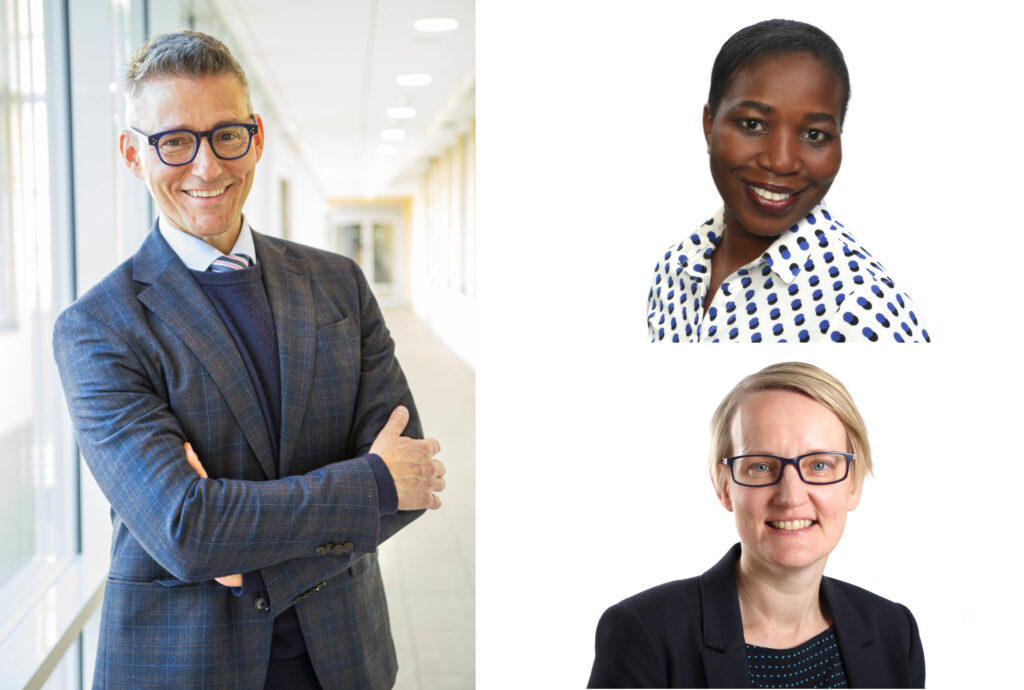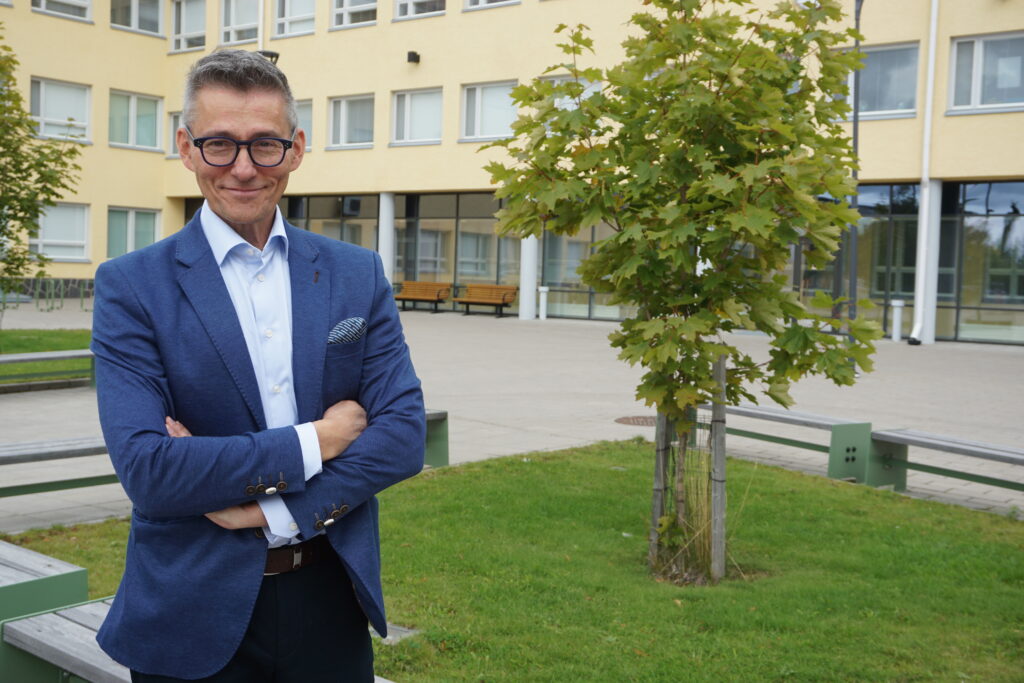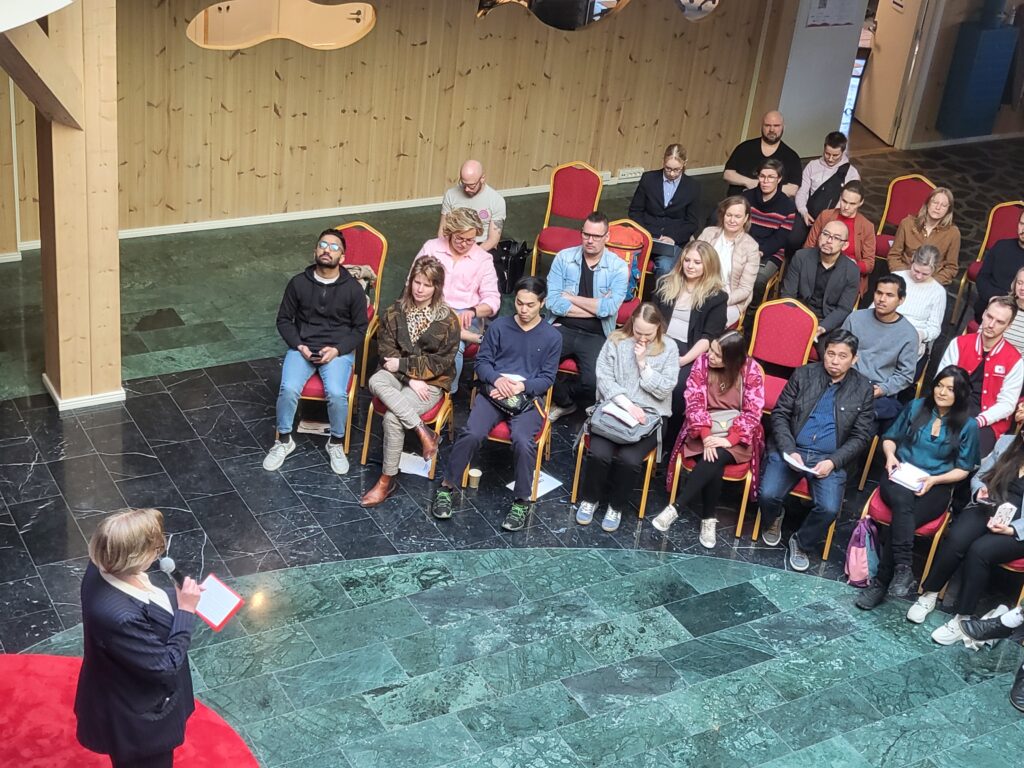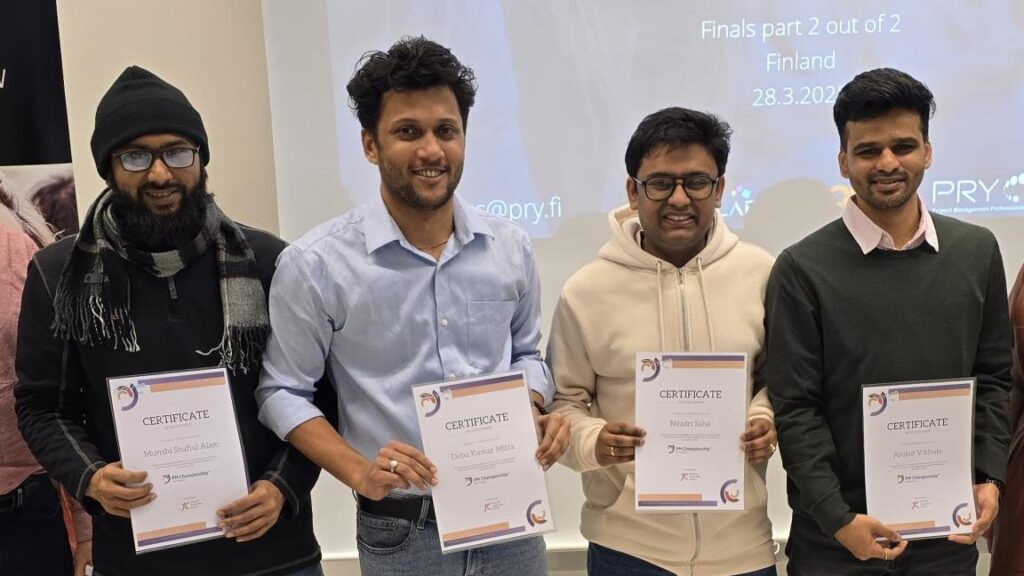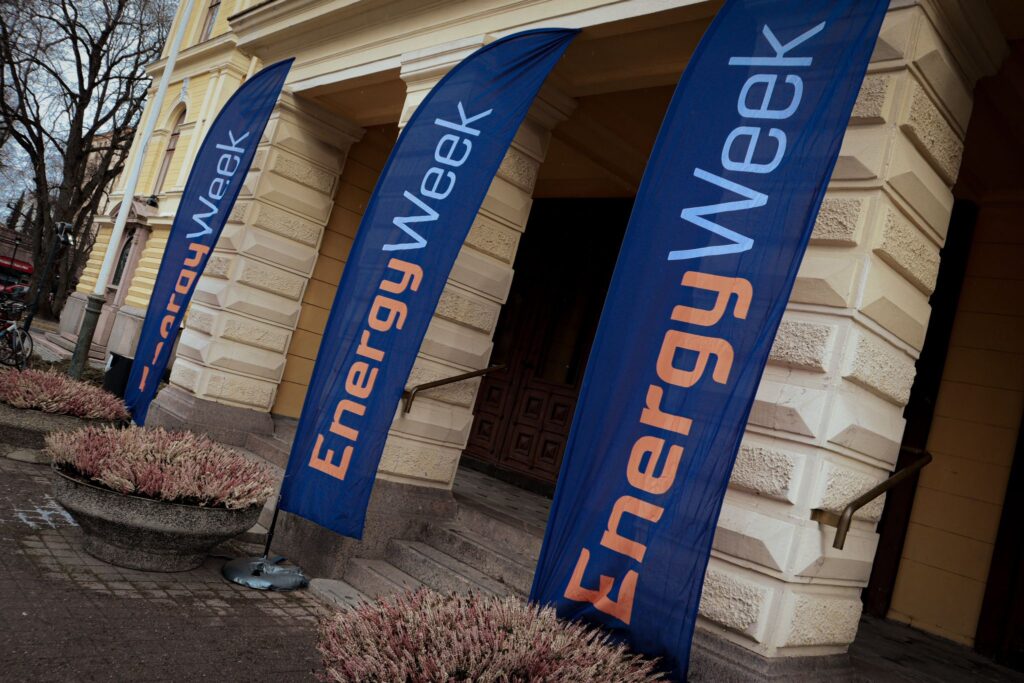Global partnerships can help address global challenges. With funding from the Finnish Foreign Ministry, a project lead by Novia UAS aims to enhance the use of biogas as an energy source in Zambia.
The project “Sustainable Futures – Biogas Value Chain for Circular Economy Competence Growth in Zambia” has received a million euro funding. Lead by Novia University of Applied Sciences, the project aims to strengthen competence and highlight opportunities related to biogas and circular economy in Zambia through co-creation.
Zambia, located in Southern Africa, is known for its natural resources. However, the country struggles with insufficient energy supply and has one of the world’s fastest-growing populations.
“The advantage of biogas as an energy source is that it can be produced and used locally without connecting to a national electricity grid,” says Cynthia Söderbacka, Project Leader at Novia UAS.
Long-established collaboration
The project is the result of strategic work with focus on Africa and Latin America, building also on experiences from long-established collaboration of Novia UAS in Asia.
Anna-Karin Jansson, Business Developer with a focus on global initiatives at Novia UAS, highlights that,
Finland has a long history of bilateral development cooperation with Zambia, and education is a good starting point when aiming to create lasting change. In this project, higher education institutions can bring together stakeholders from both countries and create unique partnerships for competence development in line with Finland’s Africa strategy.
Örjan Andersson, President of Novia UAS, comments that,
Novia operates in export-oriented regions, and this project, focusing on biogas and circular economy, aligns well with our strategic focus on global orientation for a sustainable future. Global partnerships can help address global challenges, and through development projects like this, we gain new expertise and networks for our regions.
A wide-ranging partnership
The project is carried out in collaboration with the University of Oulu, the University of Zambia (UNZA), and the Copperbelt University (CBU) in Zambia. The project initiates its activities in 2024 and will run for three years.
Novia already has ongoing collaboration with the Zambian partners under the Team Finland Knowledge programme, and a delegation consisting of representatives from UNZA, CBU, and the Rural Electrification Authority (REA) visited Novia in connection with Vaasa EnergyWeek this year.
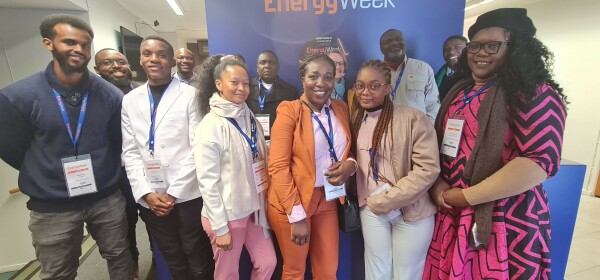
In 2024–2026, the Foreign Ministy’s Higher Education Partnership (HEP) programme prioritises teacher education, climate change, circular economy, and food security. The total funding from the Ministry for Foreign Affairs for the seven projects coordinated by five Finnish higher education institutions amounts to over six million euros.

